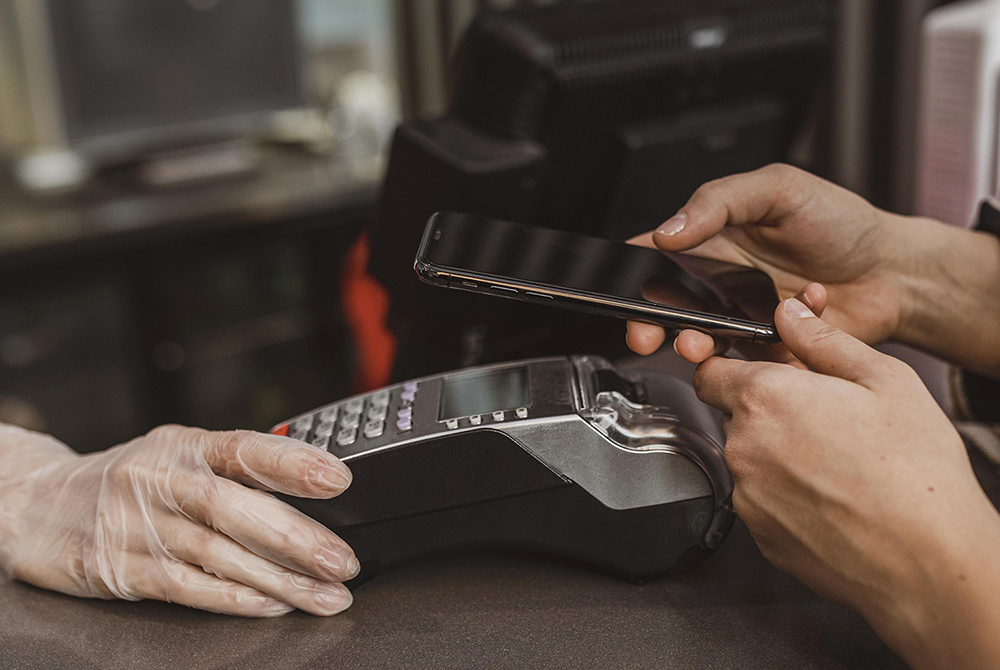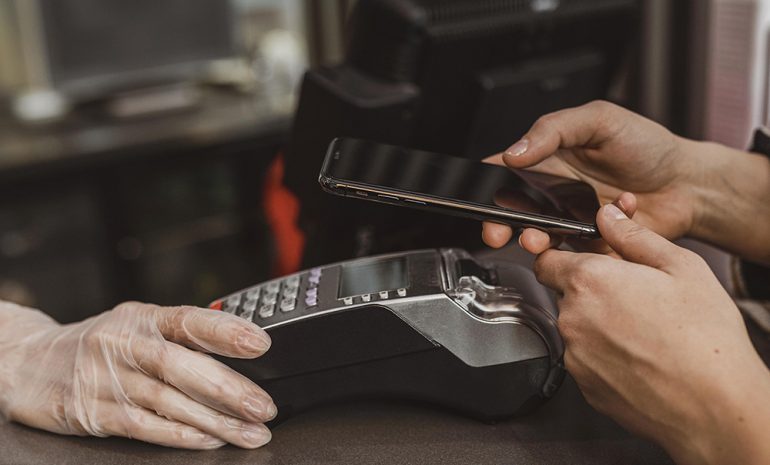Introduction:
A Point of Sale (POS) system is a critical component for businesses in the retail and hospitality industries. A well-designed and efficient POS system can enhance customer service, streamline operations, and improve overall business performance. In this blog post, we will explore ten effective features of a good POS system that can contribute to the success of your business.
- User-Friendly Interface:
A good POS system should have a user-friendly interface that is intuitive and easy to navigate. Employees should be able to quickly learn and use the system without extensive training. A well-designed interface improves efficiency and reduces the chances of errors during transactions.
- Inventory Management:
Effective inventory management is essential for retail businesses. A POS system should have robust inventory management features, including real-time inventory tracking, automated stock replenishment, and the ability to generate reports on stock levels. This ensures accurate inventory tracking, reduces stockouts, and improves overall inventory management efficiency.
- Sales Reporting and Analytics:
A good POS system provides comprehensive sales reporting and analytics features. It should generate detailed reports on sales performance, product performance, and customer behavior. These insights help businesses make informed decisions, identify trends, and adjust strategies to maximize profitability.
- Integration with Payment Gateways:
A POS system should seamlessly integrate with various payment gateways, allowing customers to make payments using different methods such as credit cards, mobile wallets, and contactless payments. Integration with secure payment gateways ensures fast and secure transactions, improving the overall customer experience.
- Customer Relationship Management (CRM) Capabilities:
A good POS system incorporates CRM capabilities to manage customer data effectively. It should allow businesses to capture customer information, track purchase history, and offer loyalty programs. CRM integration enables businesses to provide personalized experiences, target marketing campaigns, and build strong customer relationships.
- Scalability and Customization:
A reliable POS system should be scalable and adaptable to meet the changing needs of your business. It should allow for easy expansion to multiple locations and accommodate increased transaction volumes. Additionally, the system should offer customization options to tailor it to your specific business requirements and branding.
- Offline Mode:
Unreliable internet connectivity can disrupt business operations, especially during peak hours. A good POS system offers an offline mode, allowing businesses to continue processing transactions even when the internet is down. This ensures uninterrupted service and prevents potential revenue loss.
- Employee Management:
Efficient employee management features are crucial for businesses with multiple staff members. A POS system should have built-in employee management capabilities, including user permissions, time tracking, and performance monitoring. These features streamline employee management and improve accountability.
- Customer Support and Training:
A reliable POS system should come with excellent customer support and training resources. The provider should offer responsive technical support and training materials to assist businesses in optimizing system usage and resolving any issues promptly.
- Security and Compliance:
Security is paramount in a POS system to protect customer data and prevent fraud. Look for a system that offers robust security features such as data encryption, user access controls, and compliance with industry standards such as Payment Card Industry Data Security Standard (PCI DSS). A secure POS system instills confidence in customers and safeguards your business reputation.
Conclusion:
Choosing a POS system with the right features is crucial for the success of your business. The ten effective features discussed above, including a user-friendly interface, inventory management capabilities, sales reporting and analytics, payment gateway integration, CRM capabilities, scalability and customization, offline mode, employee management, customer support and training, and security and compliance, contribute to the overall efficiency, profitability, and customer satisfaction of your business. By selecting a POS system that meets your specific needs, you can enhance operations, streamline processes, and provide an exceptional customer experience.

